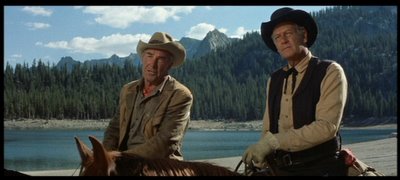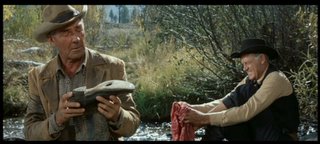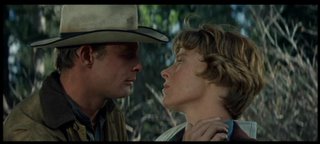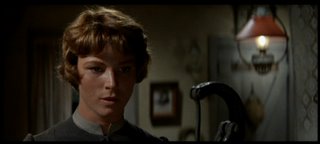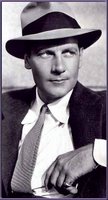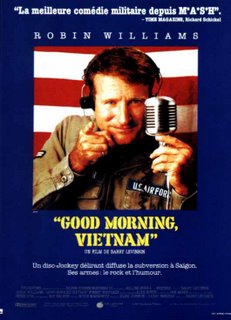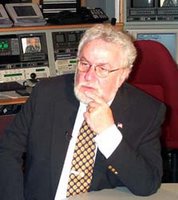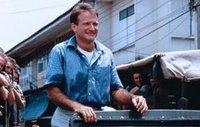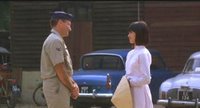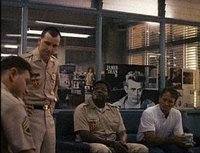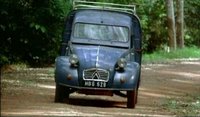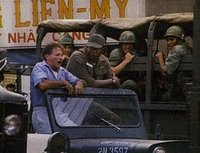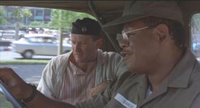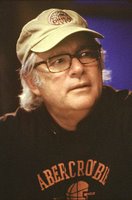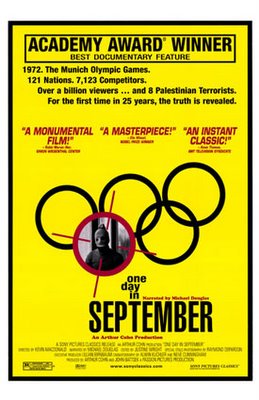
Pamela's Nite
(Special Production Date Dispensation)
Corned Beef, Cabbage, Lemon Bars
September 1972 Der Spiegel:
"The Worst Night in the History of the Federal Republic"
It seems doubtful that this disastrous event for mankind and the German nation could have been prevented. An analysis of what happened in Munich shows that the crisis team sent to resolve the situation ended up enmeshed in a crisis of its own, prompting the head of Israeli intelligence to characterize German efforts as "obvious dilettantism."
The murders, universally condemned by everyone from Willi Daume to Indira Gandhi, from East Germany's Neues Deutschland to the South China Morning Post, have been called crazy, gruesome, senseless, outrageous, despicable and ghastly. Some even invoked images of social and philosophical anguish, with the US State Department calling the incident an "attack on human society" and The Manila Daily Bulletin dubbing it a "Crime Against Mankind."But the Germans were not allowed to overcome their past by sprinting and jumping their way through the Olympics, as they were gradually overcome by traditional self-pity. Israel's refusal to give in to political blackmail limited the German authorities' options in their efforts to free the nine Israeli hostages. And when US citizens suggested that the terrorists would simply escape, together with their hostages, Americans called the German embassy to say: "you used to send them Dachau, and now."
Finally the Germans weren't falling over themselves to kill Jews. Instead, they were desperate to save Jews -- an effort that nonetheless lead to the deaths of the hostages, turning the world's attention more than ever to the short geographic distance between Munich and Dachau. Cairo's Information Minister Sayyat even claimed that the hostages had been killed "by German bullets."
"The emotions this has raised in America and elsewhere represent a setback by many, many years for German foreign policy. The clock has been turned back," said Chancellor Willy Brandt, who had hoped that the peaceful image of the Olympics would somehow rub off on Germany's image in the world. Indeed, the chancellor sounded almost threatening when he said: "I can only listen to this for a few more days, and then I'll have to begin setting things straight."
Production Notes:
For producer John Battsek, One Day in September was born out of the disillusionment experienced whilst producing his first film The Serpent's Kiss and his frustration at the mediocre fare peddled at the cinema. He had found the whole experience of producing unpleasant and thankless. But inspired by the documentary When We Were Kings about Mohammed Ali, Battsek felt he had to make a film in the same vein, using the STYLE and music of the time and with the same emotional punch. "I vaguely remembered the Munich Olympics, Israeli athletes, terrorists and horror. As a huge sports fan it seemed amazing to me that I didn't really know what had happened.Surely if they had been American or British, we would all know everything about it and would probably never be allowed to forget."
For some time, Battsek had been looking for the right project to work on with a like-minded friend, Kevin Macdonald. Macdonald wanted to create something wholly original, a documentary thriller that would work at the cinema. "We wanted to make this film as accessible as possible so that this story will at last make an impression on people's memories. I wanted it to have a strong narrative and emotional grip while at the same time investigating and revealing the extraordinary facts behind this event in a detailed and trustworthy way," Macdonald recalls. Initial research revealed a truly remarkable story of mystery, conspiracy, tragedy, ineptitude and real human sadness. Much to the filmakers' amazement, it appeared to be ongoing, in so far as the families of the victims seemed to have been chasing the truth about what happened, and some sort of recognition and justice for their dead relatives ever since. They had met with nothing but total non-cooperation from all those who (one would have assumed) would want to do everything in their power to help, principally the Germans and the International Olympic Committee.
